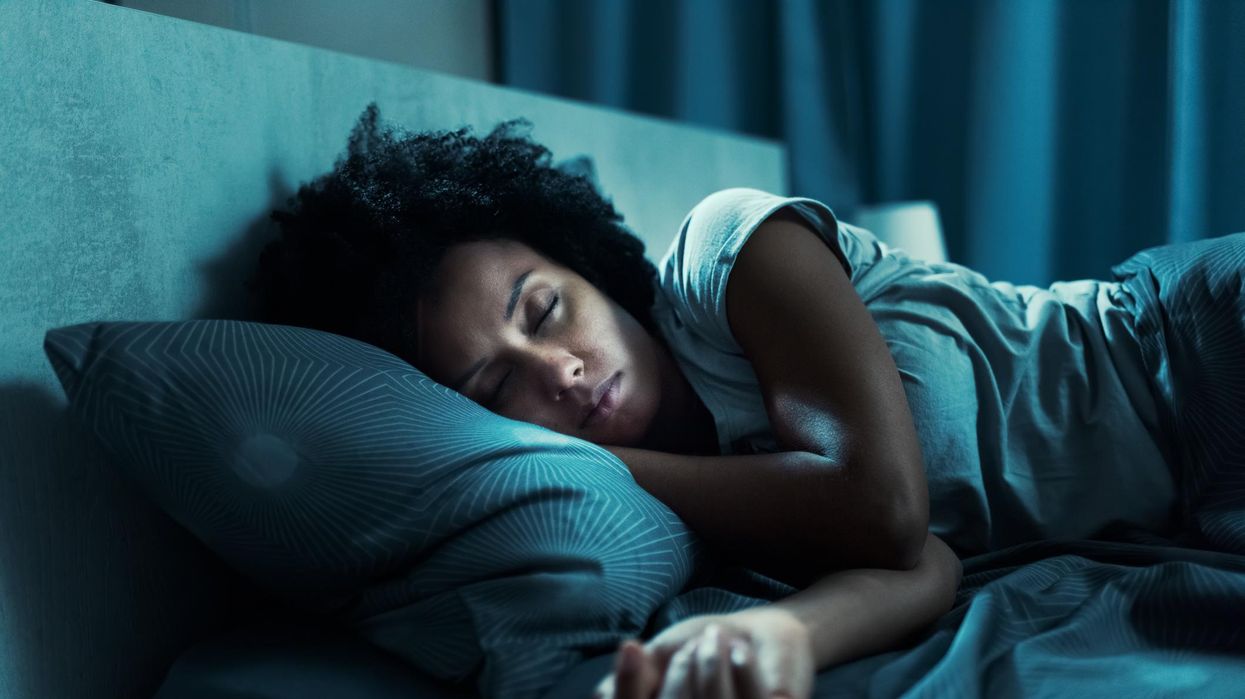
demaerre / iStock / Getty Images Plus

CNN published a recent article arguing that Daylight Savings Time disproportionately affects people of color because of structural racism.
CNN health reporter Jacqueline Howard penned an article titled: "Daylight Saving Time sheds light on lack of sleep’s disproportionate impact in communities of color."
The article begins, "As the United States rolled back the clocks one hour this month to observe the end of Daylight Saving Time, many people got a bit more sleep than usual – but some not as much as others."
"Growing evidence shows that lack of sleep and sleep disorders, such as obstructive sleep apnea, remain more prevalent in black, Asian, and Hispanic or Latino communities, and these inequities can have long-term detrimental implications for physical health, even raising the risk of certain chronic diseases," Howard contends.
Howard writes that "some sleep researchers worry about the potential effects that continuing to change standard time twice each year may have on sleep health inequities."
Howard included a quote from Chandra Jackson – a researcher and epidemiologist with the National Institute of Environmental Health Sciences.
“Poor sleep is associated with a host of poor health outcomes, including obesity, hypertension, type 2 diabetes, cardiovascular disease and certain cancers, including of the breast and colon," said Jackson – who has been studying racial and ethnic disparities in sleep. "Many of these health outcomes are more prevalent in the black population."
Howard alleges that "people of color appear to disproportionately experience" inequities in sleep health compared to white people. Without citing a source, Howard declares that people of color suffer sleep inequalities because it's "believed to be largely due to social systems in the United States."
The article claims that "many social and environmental determinants of health," such as living conditions and work schedules that are not conducive to a quality night's sleep, can be caused by "historical and persistent forms of structural racism."
Jackson believes that the inequality of health stems from the “totality of ways in which societies foster racial discrimination through mutually reinforcing systems of housing, education, employment, wages, benefits, credit, media, health care, and criminal justice.”
Jackson then references the 2020 shooting deaths of Breonna Taylor and George Floyd's grandniece because they were shot when they were asleep. Jackson alleges that American's "systems of structural racism" can "cultivate conditions that make such incidents more likely to happen in black communities."
Jackson admits, "More research on the causes of disparities in sleep is needed." She adds, "Essentially anything that produces physical and psychological stress is a threat to sleep health, and these stressors tend to be more prevalent in black communities."
Jackson alleges, "It is believed that discriminatory policies and practices across sectors of society create the physical and social conditions that make it more difficult for Black families to get optimal sleep and grow up healthy."